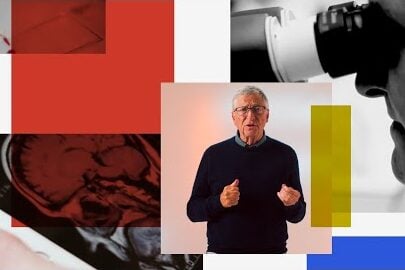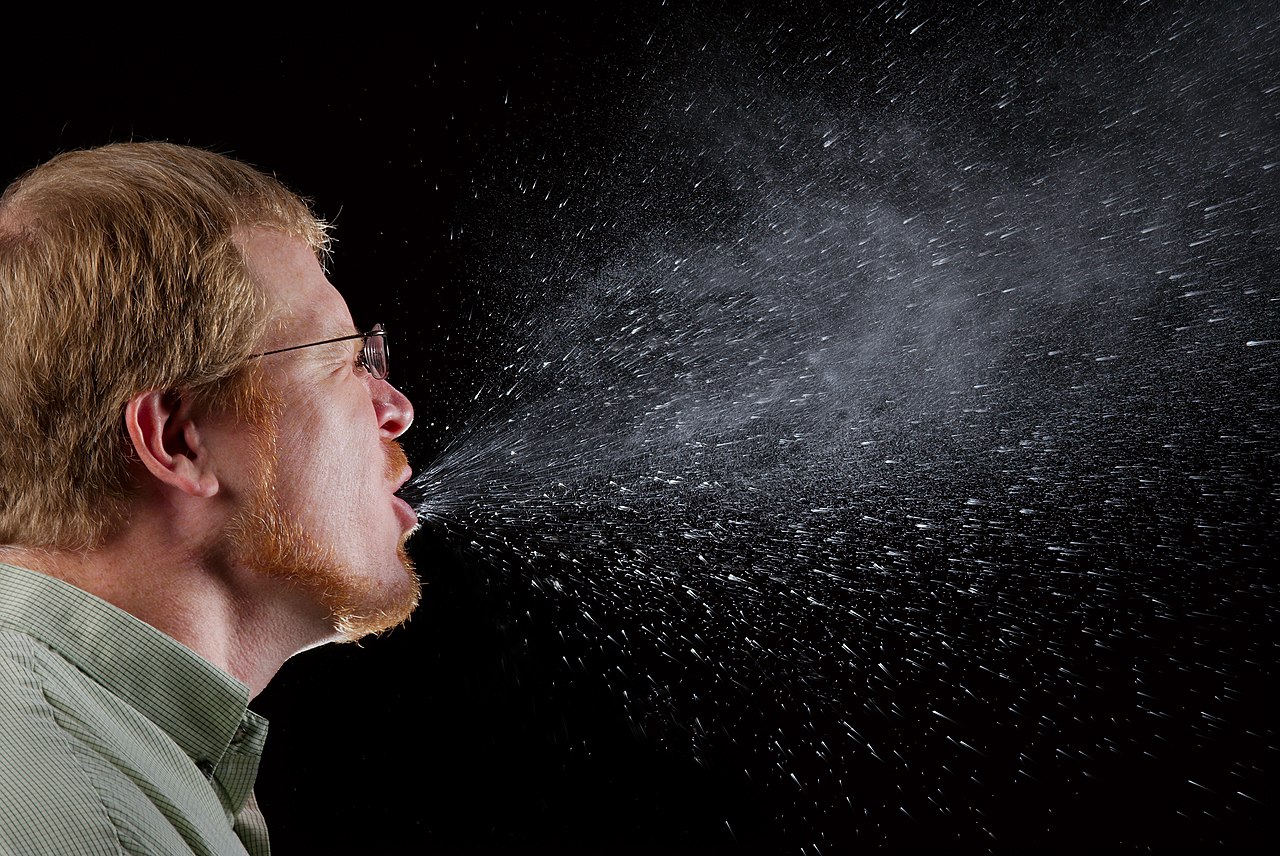
Massive Investment in Alzheimer’s Drug Kisunla
Ely Lilly unveils new $1,000,000,000 facility for drugs including Kisunla for Alzheimer’s. New investment will enhance global medicine production, benefiting millions of patients worldwide

Ely Lilly unveils new $1,000,000,000 facility for drugs including Kisunla for Alzheimer’s. New investment will enhance global medicine production, benefiting millions of patients worldwide

Diabetes and prediabetes are dementia risk factors. They affect 1 in 7 adults! Learn about new research to lower that risk with lifestyle and drugs.

There are no approved treatments for DLB, though it is the second most common type of dementia. Do drugs like donepezil hold the key?

In the USA, the same person may be twice as likely to be told they have dementia, depending on where they are diagnosed. Learn more to get a more accurate test and better treatment.

Older adults with a genetic predisposition to Alzheimer’s disease may benefit from fish oil supplements.

While the initial headlines might seem discouraging, there’s always more to the story. 🌟

University of Oxford research revealed groundbreaking findings that could reshape dementia prevention. Ozempic (AKA Semaglutide/Wegovy), a type-2 diabetes and weight-loss drug, seems to significantly reduce the risk of dementia.

The newest Alzheimer’s drugs, Kisunla and Leqembi, are the first to actually slow down Alzheimer’s. How do they compare to each other?

VIDEO + ARTICLE: Kisunla (generic name: Donanemab) slowed cognitive and functional decline 35%. Once-monthly infusions reduced Alzheimer’s plaque 84%.

Three FDA-Approved drugs, terazosin, doxazosin, and alfuzosin, have a happy side effect; they boost energy production in brain cells. New studies suggest this slows or prevents Dementia with Lewy Bodies.

Bill Gates says, “I am blown away by how much we have learned about Alzheimer’s disease over the last couple years.” See his compelling video and insight-filled blog post.

Looking for the best digital photo frame for a loved one with dementia? Many frames claim to be senior-friendly. We explore the Pix-Star series, rated best for its combination of features and value for the money.

Kindness does not leave you when you give it away,
But in fact grows more abundant within your life.

Three important dementia studies focus on HS-AGING, a type of dementia almost as common as Alzheimer’s in the 85+ group. Yet few people have heard of it. Why? What makes it different?

An intriguing study of 120 grandmothers might surprise you. Doctors know socially engaged people have better cognition and less dementia. But can a person get too much of a good thing? What’s the right balance?

Enjoy this great duet between a musician with dementia and his son. A triumph of spirit over Alzheimer’s! Sing-a-long if you like!

It looks like a sneeze cannot give anyone Alzheimer’s. While Alzheimer’s abnormal disease proteins do spread from cell-to-cell, they are not “infectious”. Check out the facts.
No spam, only news and updates.